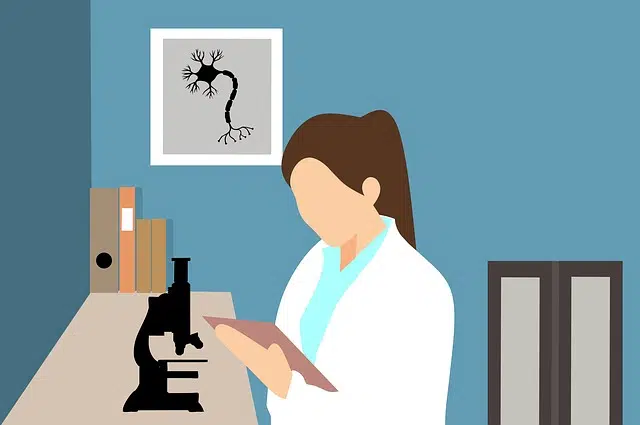
The scientific method allows us to produce valid knowledge.
Method is a word that comes from the Greek term methodos ( "way" or "way" ) and refers to the means used to reach an end . Its original meaning indicates the path that leads to a place.
The word method can refer to various concepts. For example, to scientific classification methods . This is the discipline that allows biologists to group and separate various organisms and groups into categories.
The scientific method
The scientific method , for its part, is the series of steps that a science follows to obtain valid knowledge (that is, it can be verified through a reliable instrument). Thanks to respect for a scientific method, a researcher manages to remove his subjectivity and obtain results that are closer to objectivity or the empirical.
According to the English philosopher Francis Bacon , the different stages of the scientific method are observation (which allows us to analyze a phenomenon as it appears in reality); induction (to distinguish the particular principles of each of the observed situations); the hypothesis (the one raised from observation and according to certain criteria); testing the hypothesis through experimentation ; the demonstration or refutation of the hypothesis ; and the establishment of the thesis or scientific theory (the conclusions).
Another well-known method is the deductive hypothetical , which is a possible description of the scientific method. This methodology maintains that a scientific theory can never be qualified as true: instead, it is correct to consider it as unrefuted .
The rational, the experimental and the statistical
The rational method is the one used to obtain knowledge about phenomena that are not susceptible to experimental verification. Among the areas that rely on this method to resolve their concerns, philosophy stands out. Thanks to it, you can question reality using a rational method, based on observation and acceptance of certain existences that have evidence in reality. Through it one can achieve a broader understanding of humanity, life, the world and being.
The experimental method is one that is characterized by testing , measuring the variations and effects of a situation. The sciences that apply it most are the natural and biological sciences.
The statistical method is responsible for collecting numerical data, interpreting them and developing relationships between certain groups of elements to determine trends or generalities.

Different methods resort to logic to access knowledge.
Logic as a method of access to knowledge
There are methods that use logic (study of theoretical and practical procedures with a rational explanation) to achieve knowledge. These methods are deduction, induction, analysis and synthesis .
The deduction: Starting from a general frame of reference, comparison parameters are established that allow the analysis of an object case. It is about discovering whether or not a given element is part of a group to which it had previously been related. If, for example, we know that night sweats, cough and weight loss are symptoms of tuberculosis and we have a patient who suffers from them, then we can say that that patient has tuberculosis.
Induction: Its objective is to generalize knowledge about a topic to prevent consequences that could affect the future. It is one of the main goals of science, and it can be better understood with this example: if a scientist found a cure for a disease, he is interested in having this remedy cure not only those patients on whom it has been tested, but also all others who suffer from this disease.
Analysis: It is based on separating the parts of a whole in order to analyze everything separately and achieve a more detailed knowledge of each part and the relationships that exist between them. It is used, for example, in economics to analyze financial statements, taking each line separately in order to explain relationships that do not appear at first glance.
The synthesis: Various elements that were dispersed are brought together under rational criteria to create a new totality. It is present in the hypothesis, a moment in the investigation in which the researcher must concisely state what he or she thinks about the causes of the phenomenon being investigated.
Differences with technique
In order to conclude with the exact definition of this term, it is necessary to eradicate doubts about the equality in the meaning of the terms method and technique, erroneously confused with each other.
The technique consists of the precise actions to carry out a method. An example where this difference is clearly understood is in the sporting field. All tennis players have a technique (backhand, serve, way of placing their feet or holding the racket, etc.), it is a natural skill or one achieved through hard work and is used based on a method (fatiguing the player). opponent, playing from the back or close to the net, etc.). In short, the method organizes and structures the specific techniques that will serve to achieve a specific objective, in the case of tennis, winning the match.
The contraceptive method
The term method, finally, is also used in the concept of contraceptive methods , which is the methodology that makes it impossible or minimizes the chance of pregnancy occurring when engaging in a sexual relationship.
Contraceptive methods include actions, medication or devices that allow birth control.
